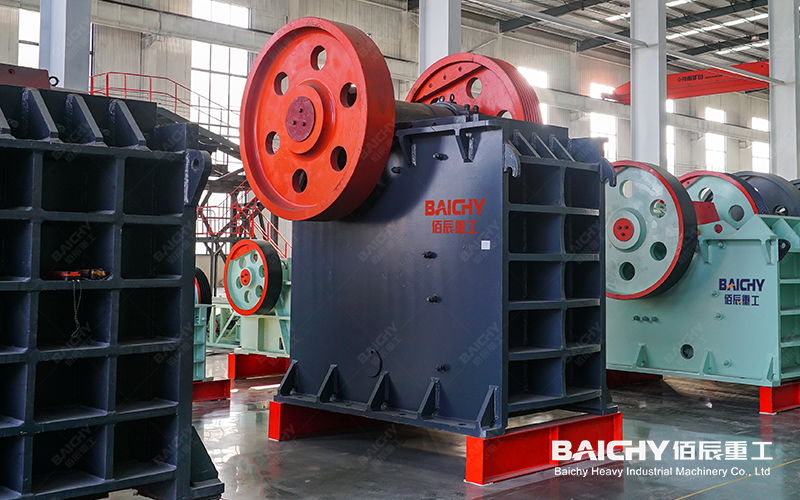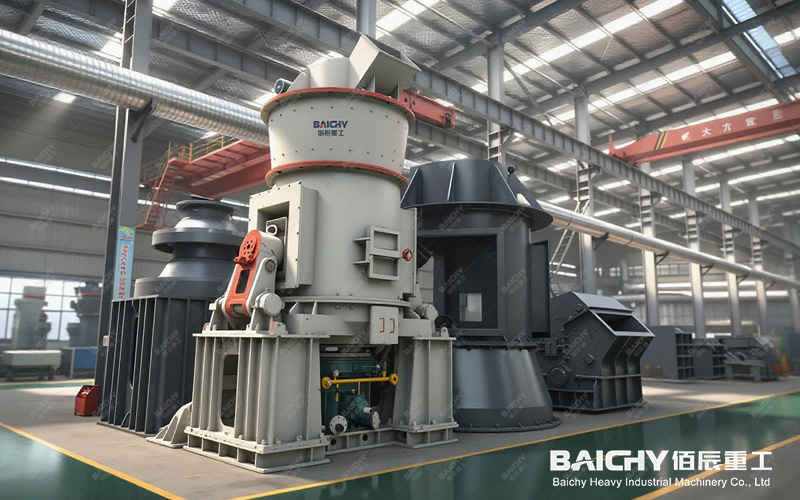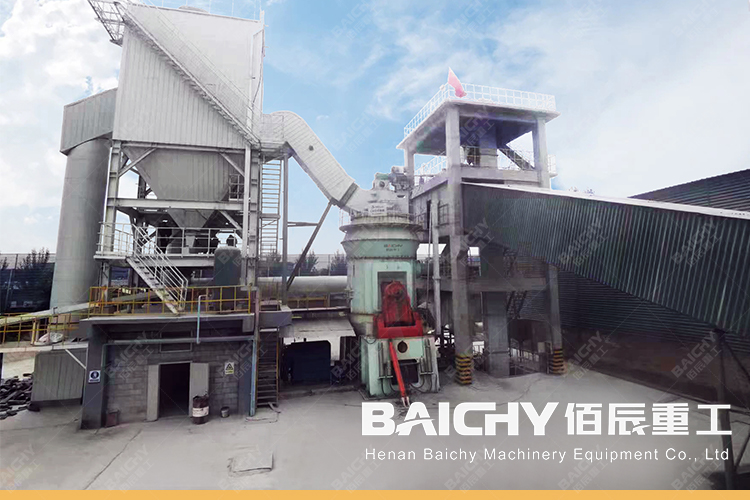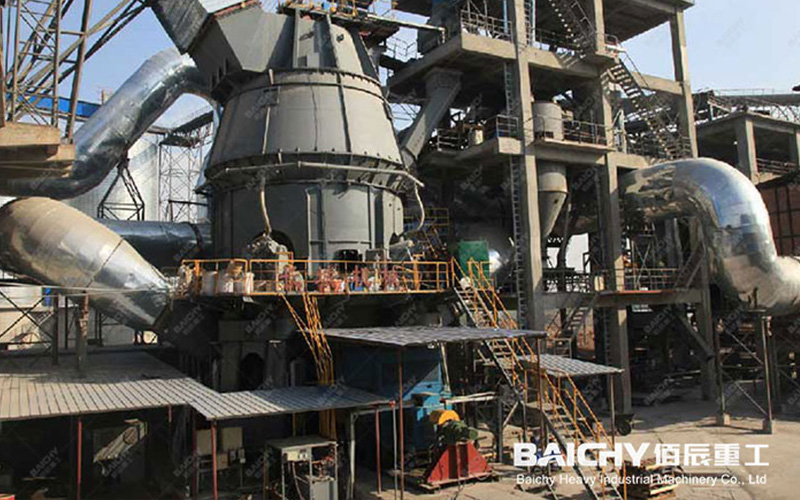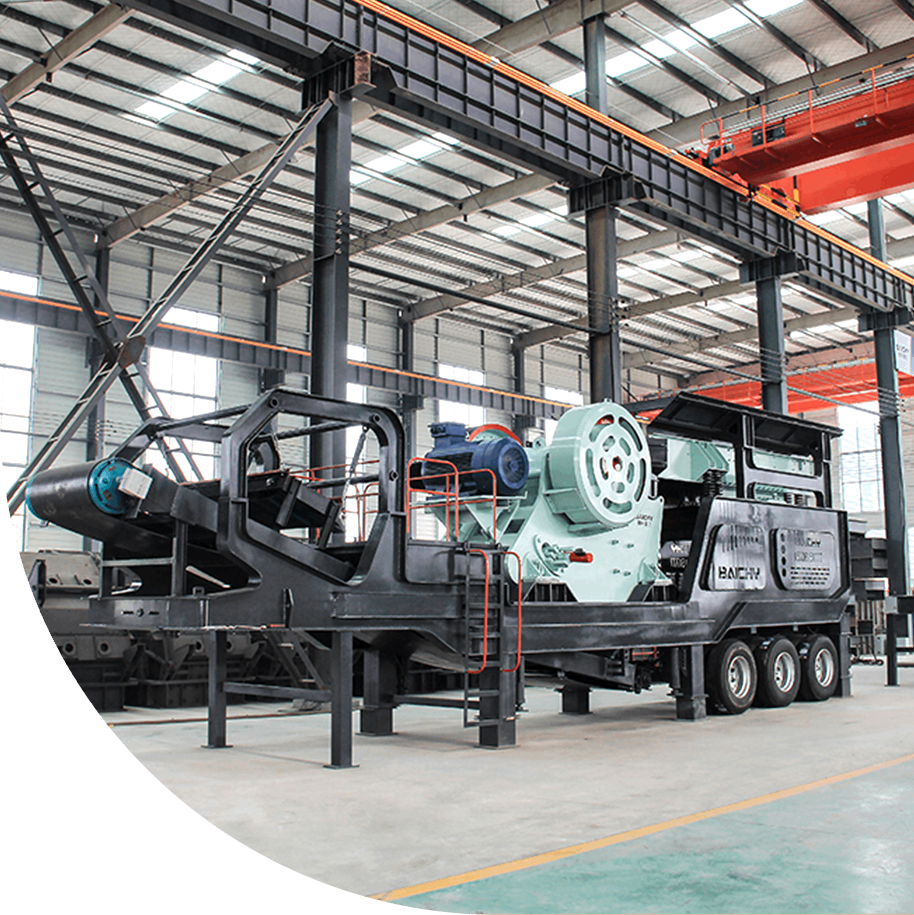
When you search for cheap crusher quotes on Google, you might get a huge price range, from a few thousand dollars to hundreds of thousands of dollars. This often confuses buyers: why such a large price difference for the same crusher?
The answer is simple: behind cheap lies a different standard of value. Simply pursuing the lowest quote may lead to higher long-term costs. This article will take you deep into exploring what constitutes a truly cost-effective crusher purchase plan.
I. Core Factors Affecting Crusher Prices
Understanding the price composition is the first step in making an informed decision.
1. Equipment Type and Model: This is the most important determining factor.
◦ Jaw Crusher: As the mainstay of primary crushing, it has a relatively robust structure, and prices range from medium (small) to high (large).
◦ Cone Crusher / Impact Crusher: Used for medium and fine crushing, it is generally more technologically advanced and more expensive than a jaw crusher of the same size, suitable for high-hardness materials and applications requiring good particle shape.
◦ Mobile Crushing Plant: Integrates feeding, crushing, screening, and conveying, offering extremely high flexibility, but its price is significantly higher than a fixed production line with the same capacity, as it is essentially a mobile assembly line.
◦ Small Portable Crusher: Suitable for small batches or specific applications, offering the lowest price, but with limited capacity.
2. Production Capacity (Hourly Output):
This is the most direct indicator. A machine with an hourly output of 50 tons can have a price difference of more than ten times compared to one with an hourly output of 500 tons. Please accurately assess the required capacity based on your project needs.
3. Core Components and Brands:
◦ Motor Brand: Using motors from internationally renowned brands such as Siemens and ABB increases costs but ensures equipment stability and energy efficiency.
◦ Wear-Resistant Part Material: The material of wear-resistant parts such as jaw plates, hammers, and grinding mill walls (e.g., high manganese steel, ultra-high chromium cast iron) directly affects equipment lifespan and replacement frequency. Higher quality materials mean higher initial costs but lower long-term maintenance costs.
4. Technical Configuration and Automation Level:
Does it include an intelligent control system, overload protection device, automatic lubrication system, etc.? These features significantly improve safety and efficiency, but will also increase the price.
II. Potential Pitfalls of Cheap Quotes
A quote significantly below market levels should raise your suspicions:
• Quality Compromise: Substandard steel or refurbished parts may be used, compromising equipment lifespan and stability.
• Outdated Technology: Low energy efficiency leads to high electricity costs; failure to meet environmental standards may result in penalties.
• Lack of After-Sales Service: Cheap equipment suppliers often cannot provide timely technical support, spare parts supply, and maintenance services. Downtime will result in project losses far exceeding the savings on the equipment itself.
• Safety Hazards: Lack of necessary safety features poses a threat to operators.
III. How to Obtain a Value for Money Quote?
Our advice is: Don't just ask How much?, ask What does this price include?
1. Define your needs: Provide detailed material information (type, hardness, infeed and discharge particle size), expected capacity, and operating site conditions (fixed or mobile).
2. Request a detailed configuration list: Require the supplier to clearly list the brand, model, material, etc. of all core components in the quotation.
3. Compare overall value: Combine equipment price, expected energy consumption, wear part consumption, after-sales support, etc., to calculate the total cost of ownership (TCO).
4. Assess supplier capabilities: Check factory qualifications, production cases, customer reviews, and after-sales service network.
When choosing a crusher, our goal should not be to find the cheapest quote, but to make the most economical investment. A reasonable quote should be a competitive price that guarantees equipment quality, performance, service, and long-term reliability.
Contact us today, provide your project requirements, and you will receive not only a transparent quote, but also a professional crushing solution and a trustworthy long-term partner.




